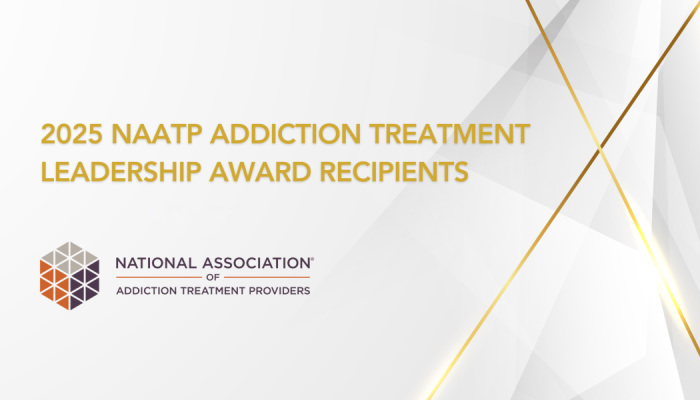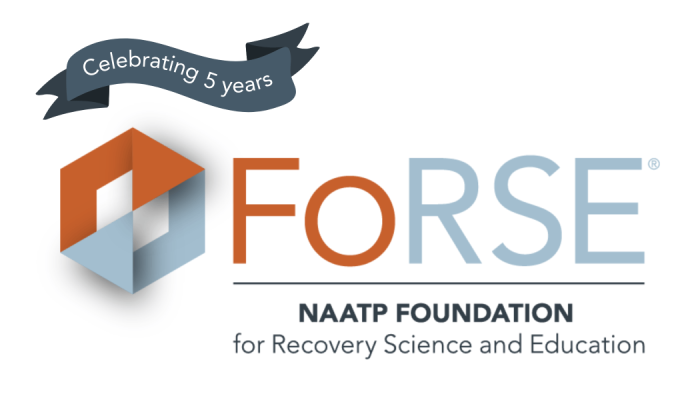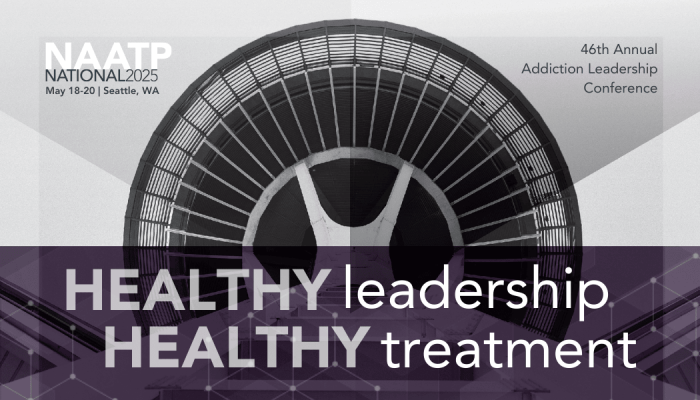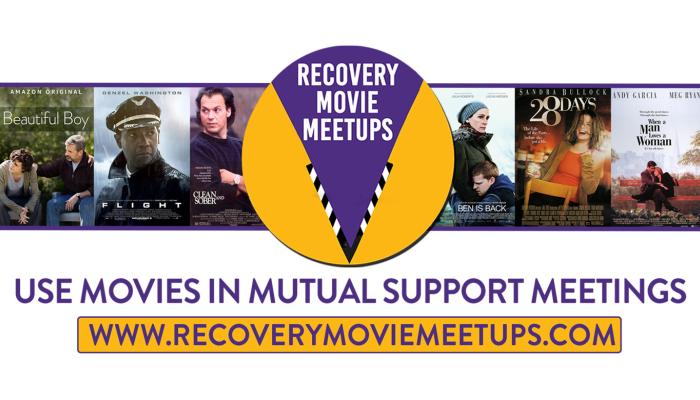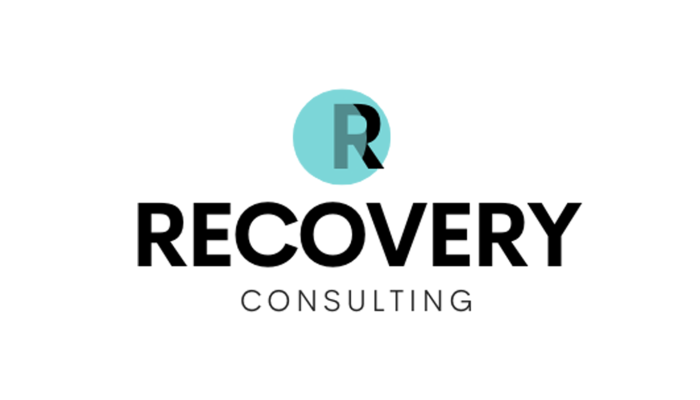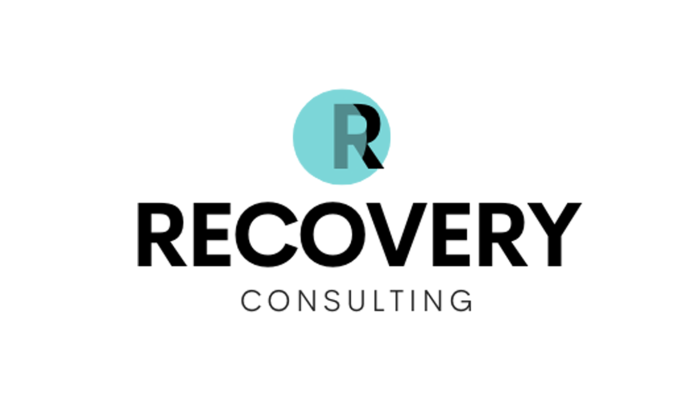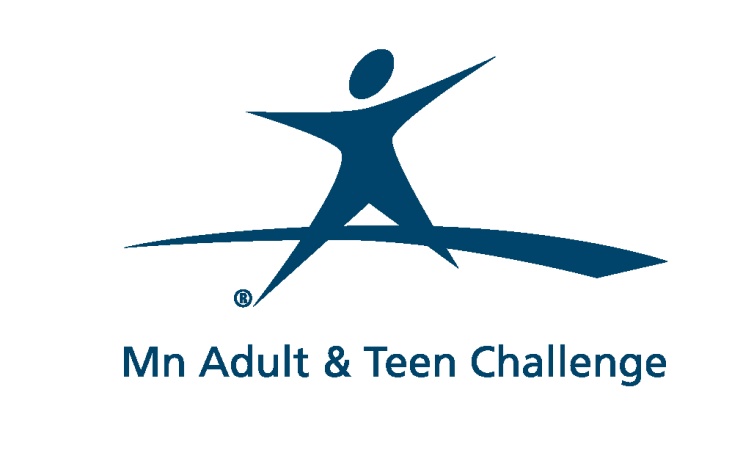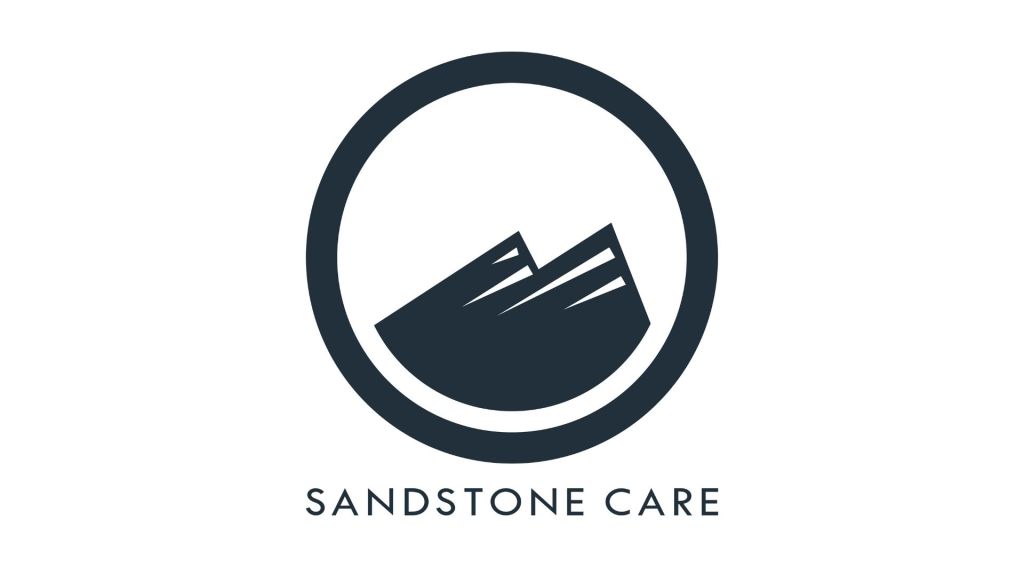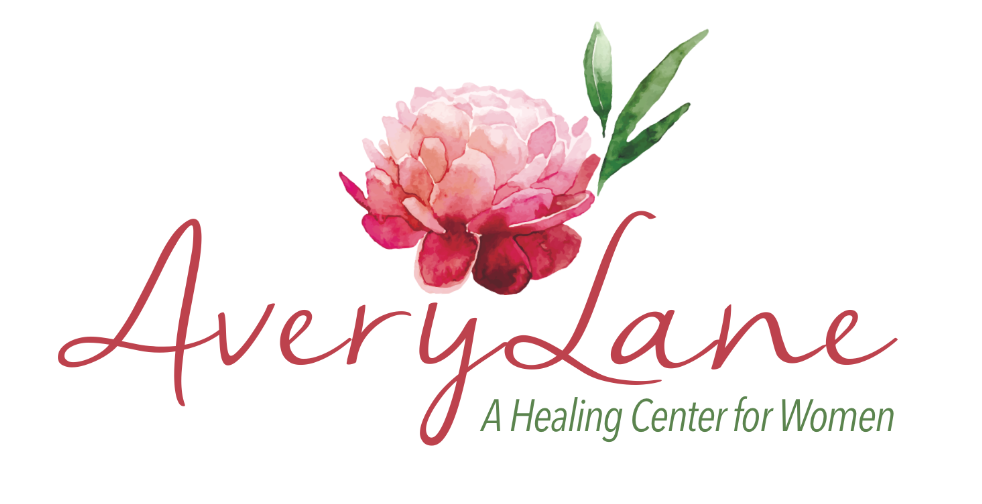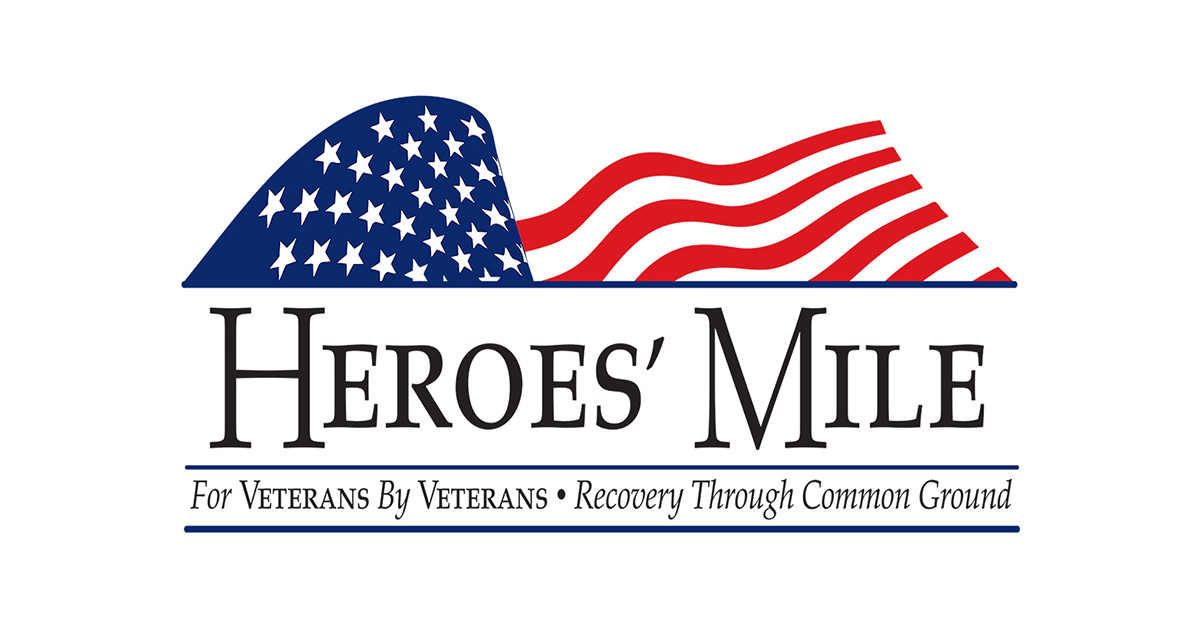Addiction treatment professionals care for clients in a wide variety of settings, including inpatient substance use disorder facilities, behavioral health centers, private practices, detoxification centers, clinics, and outpatient care centers. Access to quality treatment is vital, but it can be challenging to identify which healthcare professionals have the necessary qualifications. For this reason, we have compiled a non-exhaustive list of a few of the credentials to look for when selecting a behavioral health treatment provider.
Master of Social Work (MSW) and Licensed Clinical Social Worker (LCSW)
Social workers have ongoing clinical relationships with clients and their families during the treatment of addiction and other behavioral health concerns. They diagnose disorders, identify client goals, create treatment plans, connect clients to resources, and work directly with clients.
Licensed Marriage and Family Therapist (LMFT)
LMFTs treat individuals, couples, and entire families. They focus on understanding symptoms and diagnoses within the context of interactions and relationships. LMFTs may host family-based interventions and psychotherapy sessions in which they provide feedback on how the client’s personal relationships are affected by substance use.
Music Therapist – Board-Certified (MT-BC)
Music Therapists assess a client’s emotional well-being, social functioning, communication skills, and cognition through musical responses. They craft sessions for individuals and groups utilizing techniques of musical improvisation, active listening, songwriting, and performance.
Art Therapist – Board-Certified (ATR-BC)
Art Therapists encourage clients to understand their emotional state and work through their feelings through various visual arts, including painting, sculpting, and drawing. This expressive group therapy can be helpful for conveying thoughts and feelings that are difficult to put into words.
Master of Divinity (MDiv)
Those who hold degrees in divinity work as spiritual counselors for clients with substance use disorders. They provide biblically based guidance that seeks to heal the spiritual deficits created by addiction, mood disorders, and other concerns.
National Certified Counselor (NCC)
NCCs are board certified counselors who have completed a high level of education, supervision, examination, experience, and ethical requirements. They work with clients in a therapeutic role to uncover the motivating factors behind one’s addiction or mental health diagnoses.
Master of Science in Clinical Psychology (MSCP)
Those with a master’s degree in clinical psychology treat clients through evidence-based therapeutic methods, such as cognitive behavioral therapy (CBT), dialectical behavioral therapy (DBT), eye movement desensitization and reprocessing therapy (EMDR), or motivational interviewing (MI). They craft treatment plans based on client needs and goals.
Psychiatric Mental Health Nurse Practitioner – Board Certified (PMHNP-BC)
PMHNPs diagnose, prescribe medications, and conduct therapy for clients who seek relief from substance use disorders or other behavioral health concerns. They are able to assess patients on both a physical and psychological level.
Certified Sex Addiction Therapist (CSAT)
These professionals have received advanced training within the specialized field of sex addiction. Through talk therapy, they aid clients in controlling compulsive sexual behavior, creating healthy approaches for dealing with triggers, and strengthening individuals’ feelings of self-worth.
Certified Multiple Addiction Therapist (CMAT)
CMATs have expanded their training into the areas of substance use disorders and multiple behavioral disorders. They are able to create treatment plans for the management of addiction, eating disorders, financial disorders, and other client concerns.
Licensed Professional Counselor (LPC)
These professionals are master’s-level mental health service providers. They work with individuals, groups, and families to diagnose and treat behavioral and substance use disorders. LPCs utilize cognitive behavioral, interpersonal, and psychodynamic approaches to therapy.
Doctor of Philosophy (Ph.D.)
Many staff members of behavioral health facilities will have doctoral degrees in clinical psychology, counseling psychology, or other related fields. These credentials demonstrate a highly developed knowledge and expertise in the study of addiction, mood disorders, and behavioral disorders.
Doctor of Psychology (Psy.D.)
The approach to Ph.D. and Psy.D. certification is similar, but Psy.D. programs focus specifically on the application of principles to psychology practice with individuals and groups. Instead of spending time in a lab, it is more common for those pursuing Psy.D.s to practice direct client care in positions like counseling, social work, and human services.
Certified Nursing Assistant (CNA) or BHT (Behavioral Health Technician)
CNAs and BHTs provide assistance, supervision, and coordination of therapeutic activities with respect to the daily lives of clients. They may handle client transport, the measurement of vital signs, performance of drug screens, and data entry needs for the facility.
Registered Nurse (RN)
Registered nurses provide nursing care for patients, including but not limited to the supervision of detoxification, evaluation of clients, provision of medication, and the execution of physicians’ orders.
Doctor of Medicine (MD)
Medical doctors practice allopathic medicine, a science-based practiced oriented around the diagnosis and treatment of medical conditions. They have attended medical school and handle the physical health of clients who have entered treatment.
Find a Treatment Provider Near You
NAATP serves the public as a comprehensive source of highly credentialed addiction service providers, such as those listed above. Our Addiction Industry Directory lists all NAATP members in good standing and may be sorted by state, specialty, licensure, accreditation, insurance acceptance, and many more factors.




